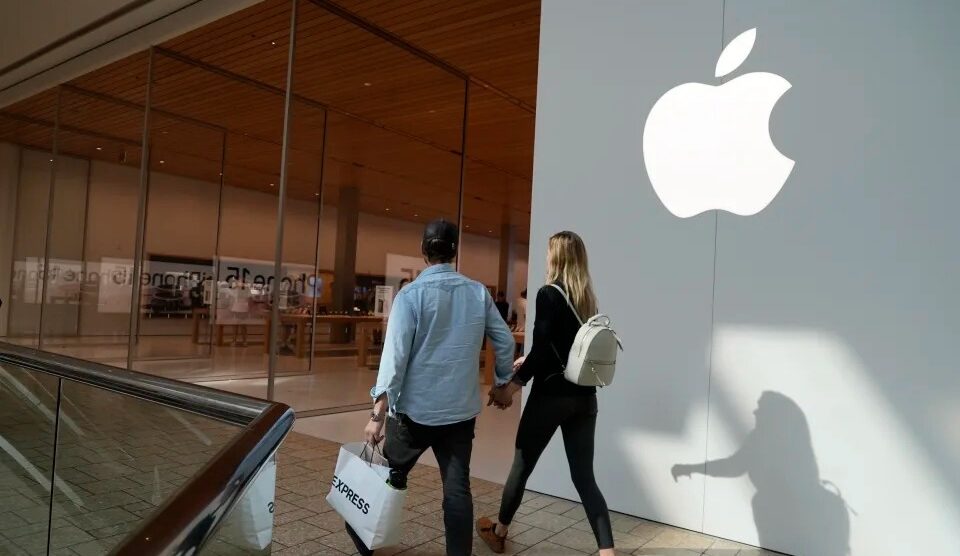Remember the promise of Apple’s Family Sharing feature? Up to six family members happily sharing all their app subscriptions in a digital utopia. Well, that utopia just got a little less rosy, as Apple has agreed to pay a whopping $25 million to settle a class-action lawsuit. Turns out, Family Sharing wasn’t as inclusive as we thought, leaving some members feeling left out and potentially out of pocket.
The Subscription Snafu:
The crux of the lawsuit revolves around individual app developers’ ability to opt out of Family Sharing for their subscriptions. This meant some apps, like Spotify or HBO Max, could be excluded from the family plan, forcing individual members to pay separately – a situation far from the “share everything” dream Apple initially painted.
Unfulfilled Promises, Frustrated Families:
Imagine buying a family plan for your favorite streaming service, only to discover your kids are locked out. Or promising your grandkids access to educational apps, then finding them subject to individual subscriptions. This is the reality many families faced, leading to frustration and ultimately, the lawsuit.
Apple’s Patch and Payday:
While Apple maintains they were always transparent about the optional nature of Family Sharing for individual apps, the court disagreed. The $25 million settlement, though, isn’t just about a hefty fine. It also includes a requirement for Apple to clearly inform users about which apps are and aren’t included in Family Sharing, ensuring families make informed decisions before investing in a plan.
A Win for Transparency, a Reminder for Consumers:
This settlement marks a victory for consumer rights and transparency. It reminds us that even tech giants like Apple aren’t immune to legal repercussions when their promises fall short. But it also serves as a valuable lesson for consumers: always read the fine print, understand the limitations of family plans, and ask questions before swiping your credit card.
Beyond the Lawsuit: A Family Sharing Future:
While the lawsuit focused on past mishaps, it also raises questions about the future of Family Sharing. Will Apple push for more app developers to join the Family Sharing fold? Will they consider offering tiered plans with different levels of access? It’s a complex landscape, and one that Apple will need to navigate carefully to ensure Family Sharing truly lives up to its name.
Remember:
- Apple settled a class-action lawsuit for $25 million over misleading information about Family Sharing.
- The lawsuit centered around individual app developers’ ability to opt out of Family Sharing, potentially leaving some family members without access to subscribed apps.
- The settlement requires Apple to be more transparent about which apps are and aren’t included in Family Sharing.
- This case highlights the importance of consumer vigilance and understanding the limitations of family plans before subscribing.
- The future of Family Sharing remains uncertain, but Apple’s approach to app inclusion and plan options will be crucial for its success.
So, the next time you gather your family around the digital table, take a moment to review your Family Sharing settings. Make sure everyone has access to the apps they need and avoid any unexpected subscription surprises. And remember, even in the tech world, family first – and transparency is the key to a harmonious digital household
Examining the Core Causes Behind Apple’s Family Sharing Fiasco
Several key factors converged to create this problematic situation for Apple and families:
Overpromising Features
Apple marketed Family Sharing as near universal subscription sharing without setting proper consumer expectations around app developer exclusion policies.
Poor User Experience
The interface failed to clearly indicate when launching apps which titles were excluded from family plans, surprising users.
Revenue Conflicts
Subscription revenue structure clashes between Apple and third-party developers contributed to incentivizing exclusion from family plans by some apps.
Insufficient Recourse
Apple’s customer service channels did not provide adequate solutions or refunds for consumers impacted by developers’ Family Sharing exclusions.
Guiding Principles for Responsible Family Plans
Learning from Apple’s stumbles, technology companies can embrace practices that engender consumer trust in family sharing programs:
Clear Communication
Explicitly indicate any exceptions, limitations or exclusions impacting subscription access before sign-up.
Equitable Access
Ensure uniformly inclusive subscription sharing policies across first and third-party apps within family plans.
Proactive Support
Provide transparent pathways to solicit help, ask questions or obtain refunds related to family plan issues.
User-Centric Design
Build experiences focused on fulfilling family member needs versus maximizing corporate subscription revenues.
The Road Ahead: Strengthening Family Bonds in the Digital Age
As platforms play greater roles in our digital lives, thoughtfully facilitating sharing economy experiences like family plans grows ever more important. With conscientious policies, ethical practices and putting user needs first, technology can help bring families together, not drive them apart. The Apple settlement provides a pivotal opportunity to learn from missteps and chart a better path forward – one that uses transparency and trust to build bridges, not walls, between the consumers and companies propelling digital transformation.










Add Comment